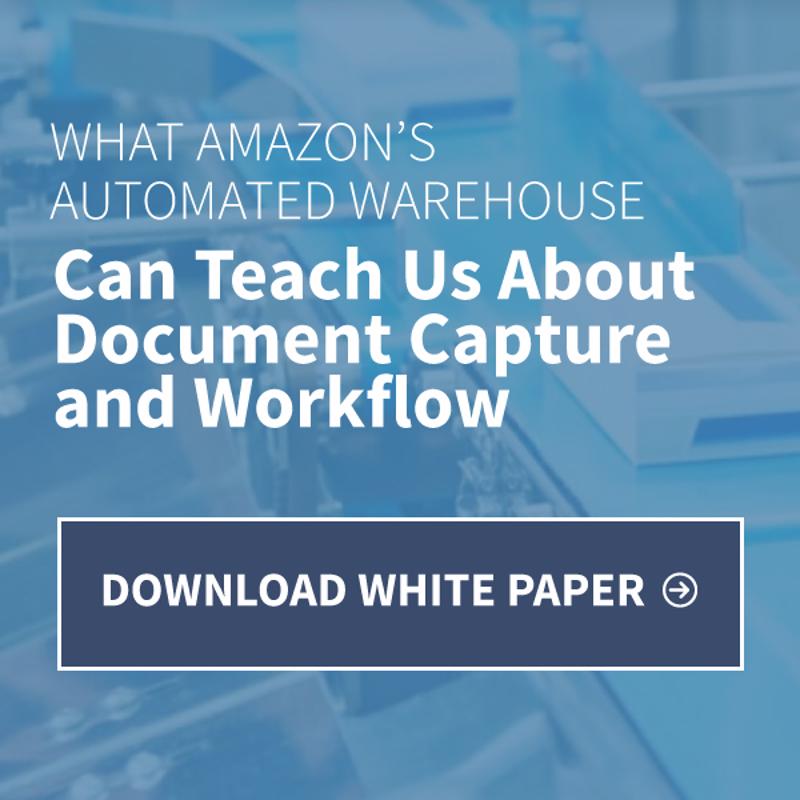
Document management changes with HIPAA
One of the big challenges many health care providers face today is getting up to speed with government regulation surrounding document management and security. The federal Health Insurance Portability and Accountability Act was passed in 1996 but is still reverberating in the industry today as document management becomes more of an issue, thanks to broader adoption of the platforms.
A new audit from the Government Accountability Office recently turned up another potential challenge brought about by modern document management standards for health care providers. While HIPAA is supposed to give patients the right to receive copies of their medical records (often for a small fee charged by their doctors or other providers) many Americans have reported challenges in obtaining records affordably, the GAO found. Some people have even been denied access to those records.
What's the issue?
The GAO found that this trend may be due, in part, to the widespread adoption of electronic health records and other document management platforms. Typically, this issue arises because of how "layered" data can be, requiring health care workers to go through multiple systems to obtain all aspects of a patient's information and – potentially – creating a paper file that's extremely thick and difficult to get into patients' hands.
Clearing the hurdles
Meanwhile, Amazon is running into its own HIPAA issues, because it wants to expand its Alexa digital assistant's capabilities to provide health care advice and information while also complying with patient privacy rules, according to CNBC. At a time when digital health care is certainly picking up steam, it makes sense for the tech giant to get in on the act but, as with many other privacy concerns around digital assistants, what the devices can hear and what data they collect and store.
When health care providers are examining their needs for document management under modern industry regulations, it's vital that they take a holistic look at their companies' current capabilities and emerging needs simultaneously. As more care providers are using multiple platforms to store data, it can create difficulties in setting up the necessary workflows to quickly and easily share data with the people who need it, whether internally or externally, so addressing those concerns is a must.

